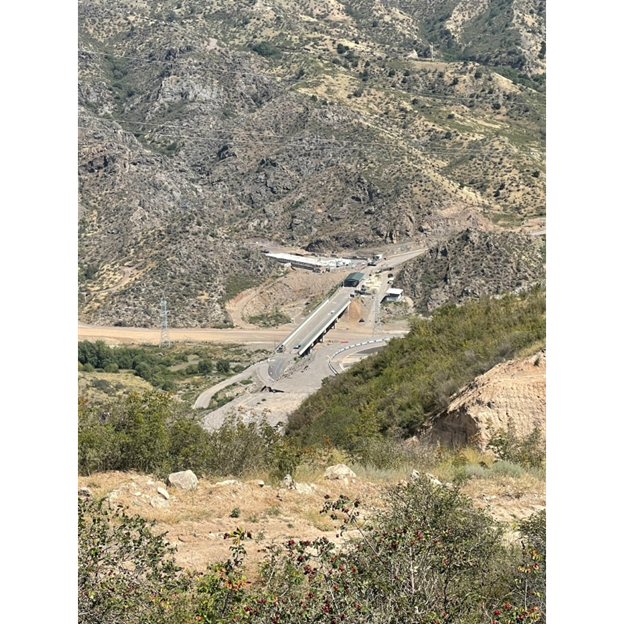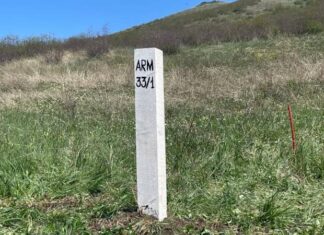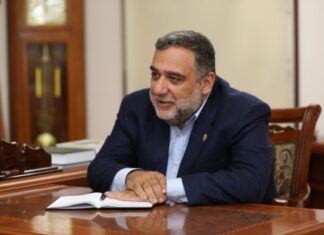By Dr. Jirair Ratevosian
Special to the Mirror-Spectator
Azerbaijan’s deadly attack in the Nagorno-Karabakh region this week is every Armenian’s worst nightmare come true. Today, 106 years after formally recognizing the Armenian Genocide, US President Joe Biden is presiding over a humanitarian disaster and repeat genocide of Armenians in Nagorno-Karabakh that threatens his long legacy of support.
In formally recognizing the Armenian Genocide during his first 100 days in office, President Biden instantly did more for Armenians and Armenian Americans than any other president before him. On April 24, Armenian Genocide Remembrance Day, President Biden said, “We remember the lives of all those who died in the Ottoman-era Armenian genocide and recommit ourselves to preventing such an atrocity from ever again occurring.” In light of recent Azerbaijan aggression, many have pointed out the statement to be empty talk.
Despite the strong rhetoric, since December 2022, Armenians living in Nagorno-Karabakh have endured shortages of food, water and essential needs in their indigenous land at the hands of the Azerbaijani government which illegally blocked the Lachin Corridor – the only road that binds the Armenian population in both regions and allows for the transportation of essential goods.
Earlier this month, I entered the border zone between Armenia and Azerbaijan and was able to confirm that no cargo or humanitarian assistance has crossed into Nagorno-Karabakh over the past eight months. After 90 tense minutes, we crossed the checkpoint and were escorted toward the Khakari bridge, where a convoy of 22 humanitarian trucks were parked. According to the Armenian government, this convoy, which was sent in July and contains nearly 400 tons of sugar, vegetable oil, flour, pasta, salt, powdered milk, baby food, and medicines, has been blocked by Azerbaijan.











